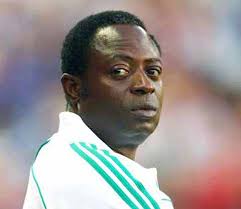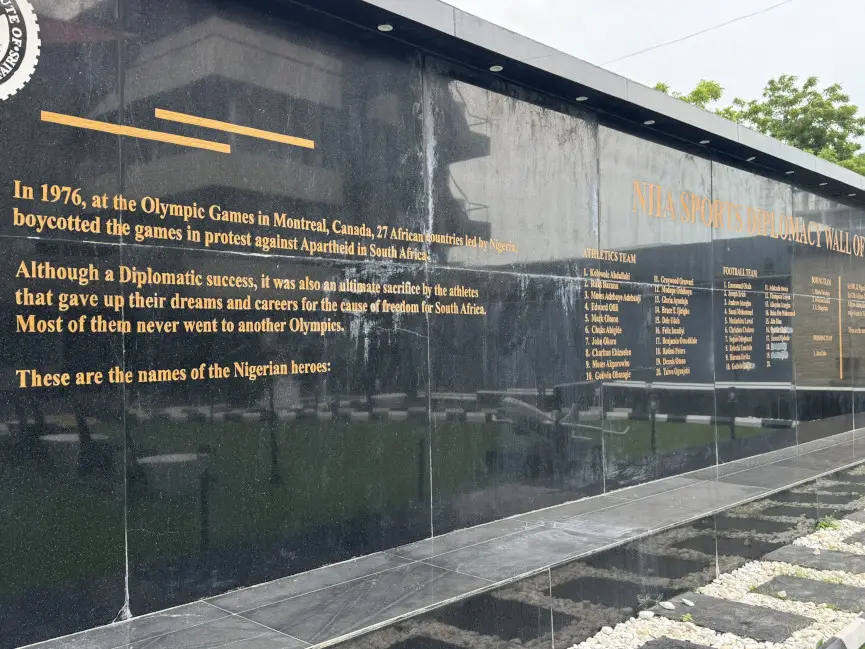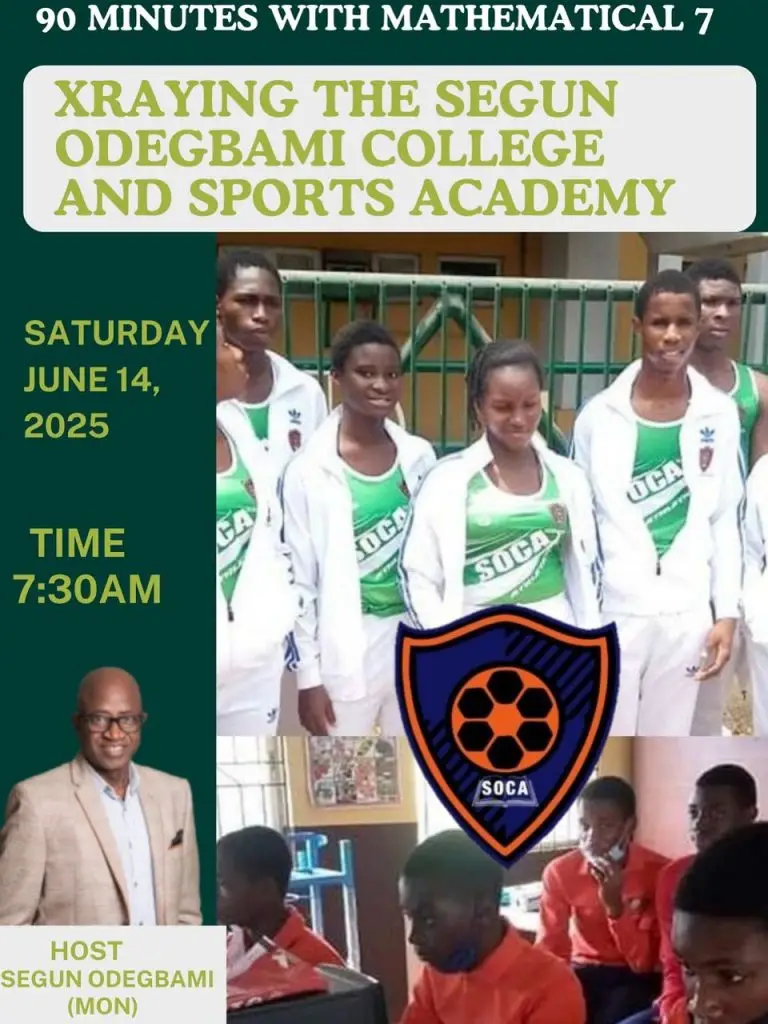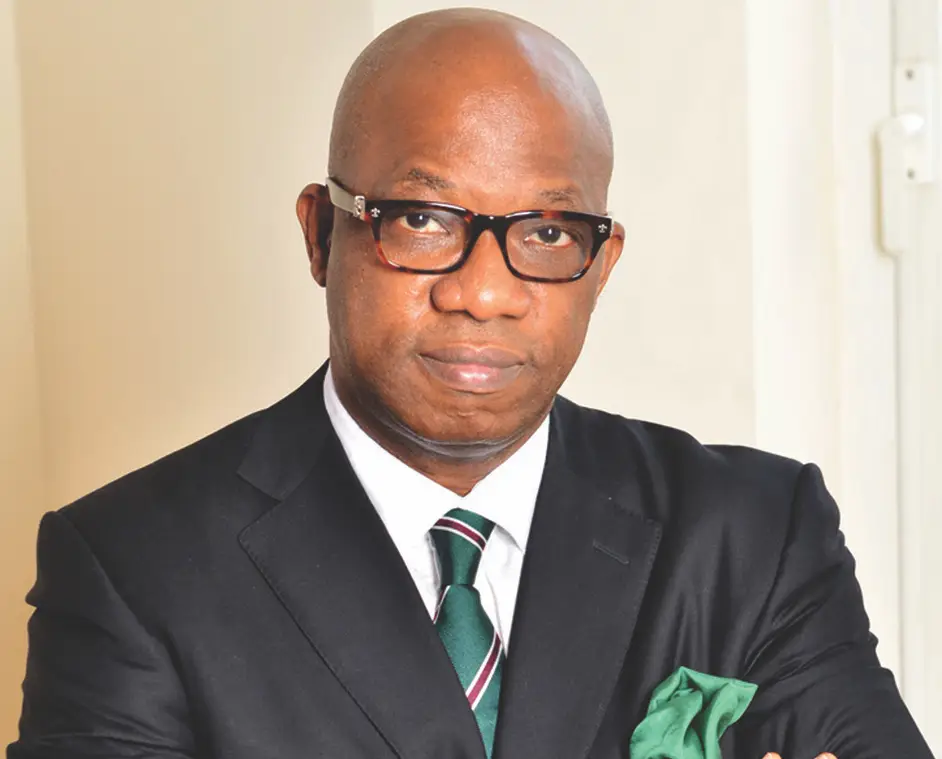2016 must go down in the history of Nigerian football as a year of calamity, a year of unprecedented loss of some of the country’s greatest football heroes.
One week after paying a painful tribute to the most successful coach in the history of Nigerian football, I am about to pay another tribute to the country’s most accomplished indigenous coach ever.
Within the space of four days Stephen Keshi and Amodu Shaibu died under similar shocking circumstances. No notice was served and both took place in the same city – Benin.
Their departure has left the entire country disturbed, mournful and sorrowful. Now many people have become interested in the welfare of retired footballers as well as those that go on to become coaches. Their plight is the same.
Nigerian football has never been this riddled with tales of death. In the past few weeks former national team players in the 1960s, Niyi Omowon and goalkeeper/coach, Olu Onagoruwa, also quietly passed away.
These deaths, all painful reminders of our fragile mortality, at the end of the day make us to confront the reality of life’s vanity and meaninglessness!
This past week I received several calls from retired players down with crippling chronic arthritis, heart-related challenges and so on, all needing help.
There is a long list of players and coaches in need of help to survive basic living. They lie in wait, forgotten, riddled by poor health and poverty, with no jobs or even hope of work to take care of their basic needs, wasting away like dead leaves.
Although death will come when it will come, I am beginning to worry and think more seriously about three things.
The first is the growing incidences of sudden and early death amongst retired sports persons and coaches. There is need for a forensic inquiry.
The second is about reviving my intention to take the federal government to court over the state of retired sports heroes who ignorantly overused their bodies in the service of their country only to spend the ‘second half’ of their lives paying dearly for it with resultant poor health and abject poverty.
The third is how to promote other opportunities beyond coaching for retired players. Coaching is a slow killer because of the pressure-cooker nature of the job – ceaseless criticism, the stress of winning or losing matches, abuse, rebuke and even ridicule by an overcritical public, insecurity of the job, poor or often unpaid wages, etc.
Now I can reason with Sunday Oliseh who left the lucrative job of coaching the Super Eagles to save his life!
His experiences, as recounted by him, working under administrators without firm foundations in football or coaching and thus ignorant of the sensitivities of the coaching job, are horrific and revealing.
Forgive my digression. Back to Amodu Shaibu. Permit me once again to add my voice to those of millions of Nigerians in expressing deep and sincere condolences to the family and friends of Amodu Shaibu on his death, which truly leaves a void in Nigerian football.
His intellect, knowledge and vast experiences, garnered through the decades in the hard and harsh Nigerian football environment, would have continued to be invaluable for Nigerian coaches going into the future.
What is hardly ever mentioned about Amodu is his foundation in coaching.
As a player he did not impact much nationally, but from the moment he tied his apron to that of one of Nigeria’s most erudite and knowledgeable coaches of the late 70s and early 1980s, his emergence as a great coach was imminent.
His ‘teacher’ was Alabi Essien, a genuine ‘professor’ of football, whose true worth was shielded by the effect of the rapid turnover, continuous depletion and dilution of quality football administrators at that time. Complete outsiders eventually took over the game’s administration and have not surrendered ever since.
Alabi was one of a number of gifted and knowledgeable first generation coaches whose intellectual depth and understanding of football were ignorantly not exploited enough to drive and sustain proper football development in the country.
Their list includes Pa Ayo Adeniji, Jide Johnson, Dan Anyiam, Okwudili Daniel, ‘Thunder’ Tesilimi Balogun, Dan Ajibode, Carl O’Dwyer, Olu Onagoruwa, Peter Eto Amaechina, Samuel Garba Okoye, Isaac Nnado and so on. They pioneered intelligent coaching of the game of football in Nigeria.
These were coaches drawn from the stock of players and administrators of the early days of Nigerian football, eager to learn, understood the rudiments of the football game, trained well to be able to teach it, and impacted on the lives many young players that eventually became Nigeria’s first football superstars within the domestic league.
Their appetite to teach football, and their knowledge of the game would make most of our present day coaches look like kindergarten teachers in football. I can testify because I have seen and experienced both generations!
‘Professor’ Alabi Essien was an absolutely brilliant man, a deep thinker, very eloquent, well cultured, passionate and thorough. That was the man that took Amodu Shaibu under his wings as his assistant coach in Mighty Jets FC of Jos in the late 1980s or early 1990s. It was on this rock that Amodu built his foundation.
He eventually took off from there in pursuit of his own dreams when he moved to Gboko to start a solo career as coach of BCC Lions FC. The rest in now history!
The handwork of Alabi was written all over Amodu – articulate, out-spoken, confident and very hardworking!
Amodu, it was, that, thereafter, took domestic coaching in Nigeria to new heights. His eventual rise to position of coach of the Super Eagles was well earned and deserved.
Most other Nigerian coaches in the domestic league had to study and copy Amodu’s style and formula in order to succeed. The list of those he mentored is long. No Nigerian has influenced coaching within the country as must as Amodu did.
Amodu and I spent an unforgettable 10 days together, travelling to 8 European cities in 1995 to meet with Nigerian players in their homes. Through that journey we got to know each other pretty well particularly our ideas on the state and future of Nigerian football.
It was during his second coming to the national team as coach following the crisis that erupted in the wake of Nigeria’s exit from the 1994 World Cup, when Clemens Westerhof unceremonious abandoned the team in the United States and Amodu was drafted to take a half-strength Nigerian national team to the Gold Cup tournament in the USA the following year.
The team did not do well. Internal wrangling in football administration had disrupted the momentum established from the 1994 Africa Cup of Nations and USA World Cup.
But his true baptism into international football coaching came during the match I conceptualized and arranged with the England FA, the first international friendly match between England and Nigeria at the Wembley Stadium, in London, in 1995.
That match opened Amodu’s eyes to the demands of coaching at the highest level. I saw it in his expressions at a point during that encounter. In that match he clearly realised his coaching limitations and what he had to do to catch up and even move higher up!
I was with Amodu in the dressing room before and at half time during that encounter. I saw the metamorphosis. Within a few minutes, Amodu ‘grew’ up. He did not know anything about the England players and what he had to do to counter them. He bluffed his way through the half-time team talk.
But after that he took a giant mental step to raise his ‘game’ and to quickly do the needful in bridging the gap between his limitations and his future goals in coaching.
After that match, which Nigeria lost, Amodu became a different, better, more confident and knowledgeable coach.
Nigerians know the rest of the story.
He did well. He did not get his full credit and reward but whenever and wherever the story of Nigerian football will be told his contributions shall fill many pages.
Good night my friend. Sleep well.









Latest Comments